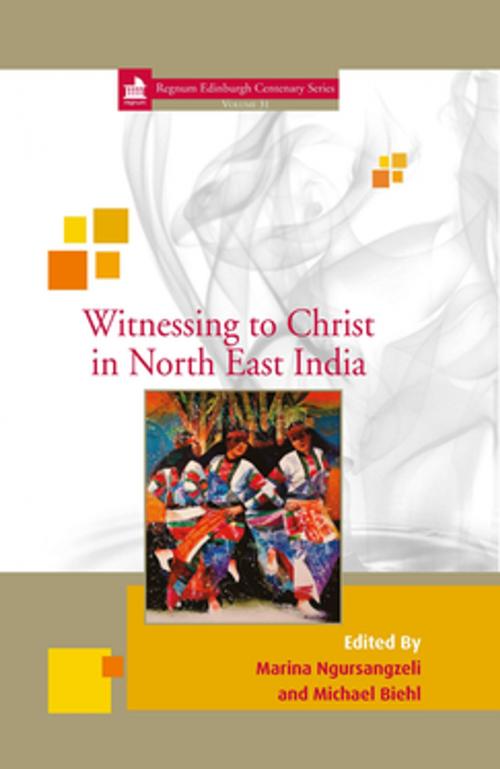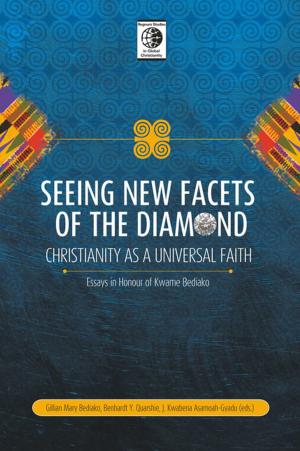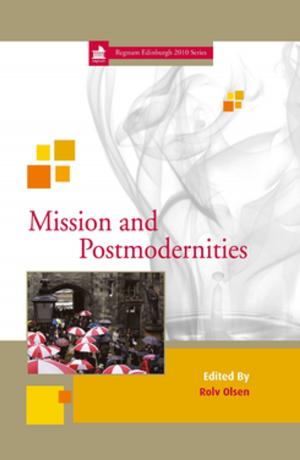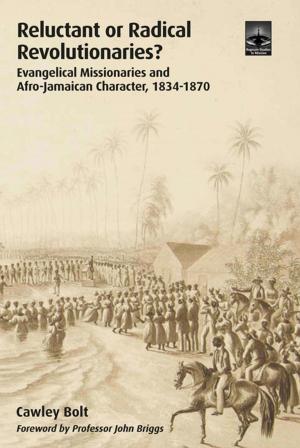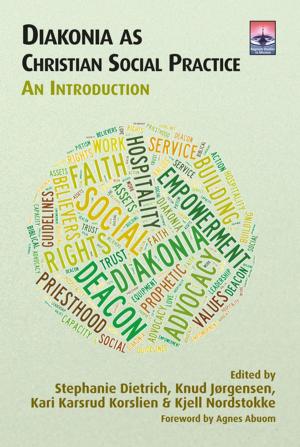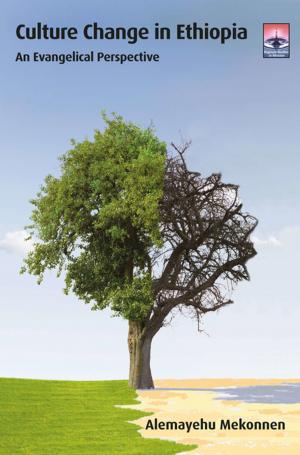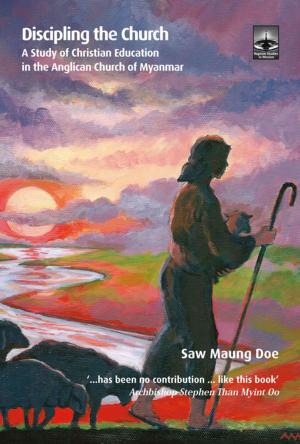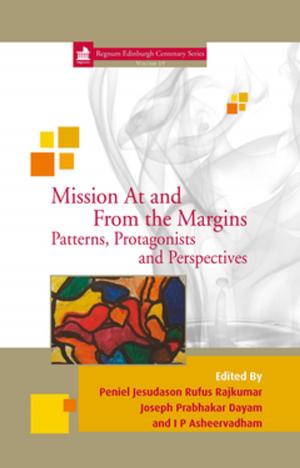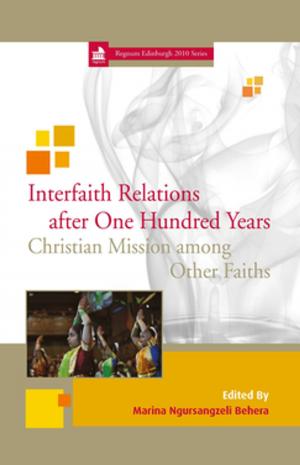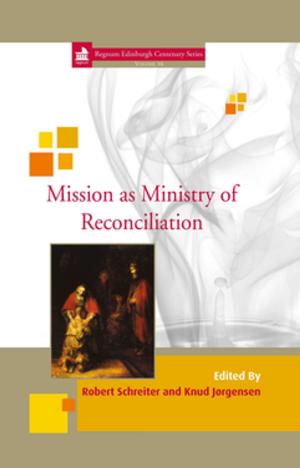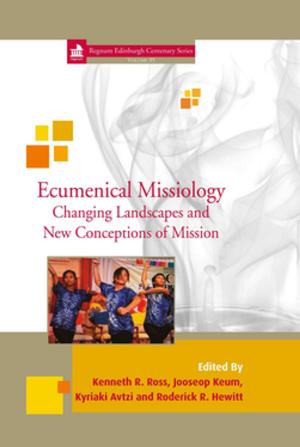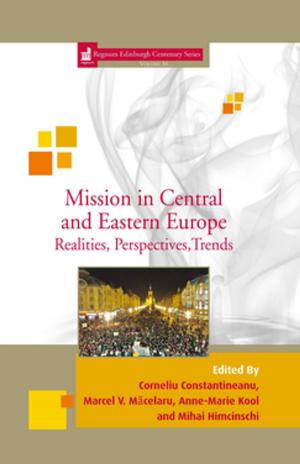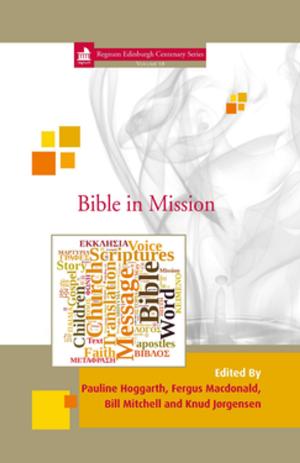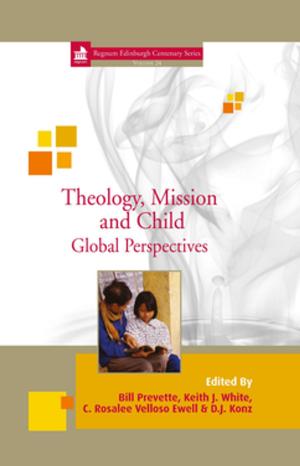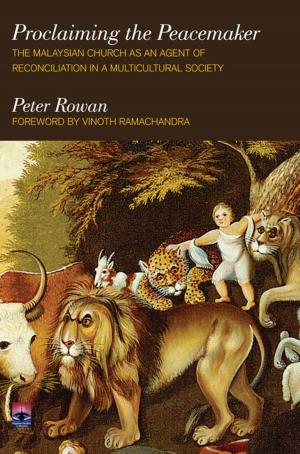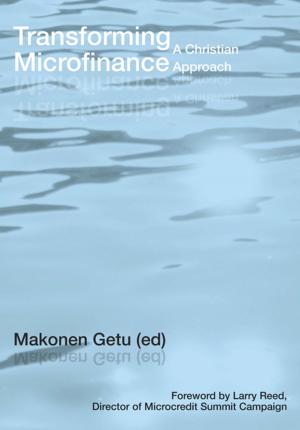Witnessing to Christ in North-East India
Nonfiction, Religion & Spirituality, Christianity, Missions & Missionary Work| Author: | ISBN: | 9781912343454 | |
| Publisher: | Regnum Studies in Mission | Publication: | July 1, 2016 |
| Imprint: | Regnum Studies in Mission | Language: | English |
| Author: | |
| ISBN: | 9781912343454 |
| Publisher: | Regnum Studies in Mission |
| Publication: | July 1, 2016 |
| Imprint: | Regnum Studies in Mission |
| Language: | English |
The Church in India has a far closer connection to Edinburgh 1910, as F.S. Downs points out, that one of the Indian delegates was Rev. Thankan Sangma, a Garo. This little known fact is illustrative of how, on one hand, the Church in North East India is ignorant of this legacy and continues to view ecumenism poorly and suspiciously, while on the other hand the challenges faced by the Church in the region and the social, economic and political milieu it is placed in, have been largely ignored, neglected or worse still, identified with what is generally portrayed as what the Church in India is. A Post-Edinburgh 2010 consultation was organized at the Aizawl Theological College in Aizawl, Mizoram, from 28-30 September 2011 to examine how the Church in the region would respond to the Edinburgh 2010 celebrations from its own perspective. This volume is a direct outcome of that consultation and while mainly comprising papers presented at the consultation, papers from scholars from the region who did not participate, as well as those from outside well acquainted with the region are included. The book’s contents deal with the nine study themes of Edinburgh 2010, spanning the ethnic, tribal and denominational diversity of the region. It is hoped that the volume will bring to the wider world the faith journeys, growth prospects and challenges of the churches in North East India as well as serve as a resource material for Northeast Indian Christians themselves to help gain a better understanding of their contexts in which their churches are placed.
The Church in India has a far closer connection to Edinburgh 1910, as F.S. Downs points out, that one of the Indian delegates was Rev. Thankan Sangma, a Garo. This little known fact is illustrative of how, on one hand, the Church in North East India is ignorant of this legacy and continues to view ecumenism poorly and suspiciously, while on the other hand the challenges faced by the Church in the region and the social, economic and political milieu it is placed in, have been largely ignored, neglected or worse still, identified with what is generally portrayed as what the Church in India is. A Post-Edinburgh 2010 consultation was organized at the Aizawl Theological College in Aizawl, Mizoram, from 28-30 September 2011 to examine how the Church in the region would respond to the Edinburgh 2010 celebrations from its own perspective. This volume is a direct outcome of that consultation and while mainly comprising papers presented at the consultation, papers from scholars from the region who did not participate, as well as those from outside well acquainted with the region are included. The book’s contents deal with the nine study themes of Edinburgh 2010, spanning the ethnic, tribal and denominational diversity of the region. It is hoped that the volume will bring to the wider world the faith journeys, growth prospects and challenges of the churches in North East India as well as serve as a resource material for Northeast Indian Christians themselves to help gain a better understanding of their contexts in which their churches are placed.
